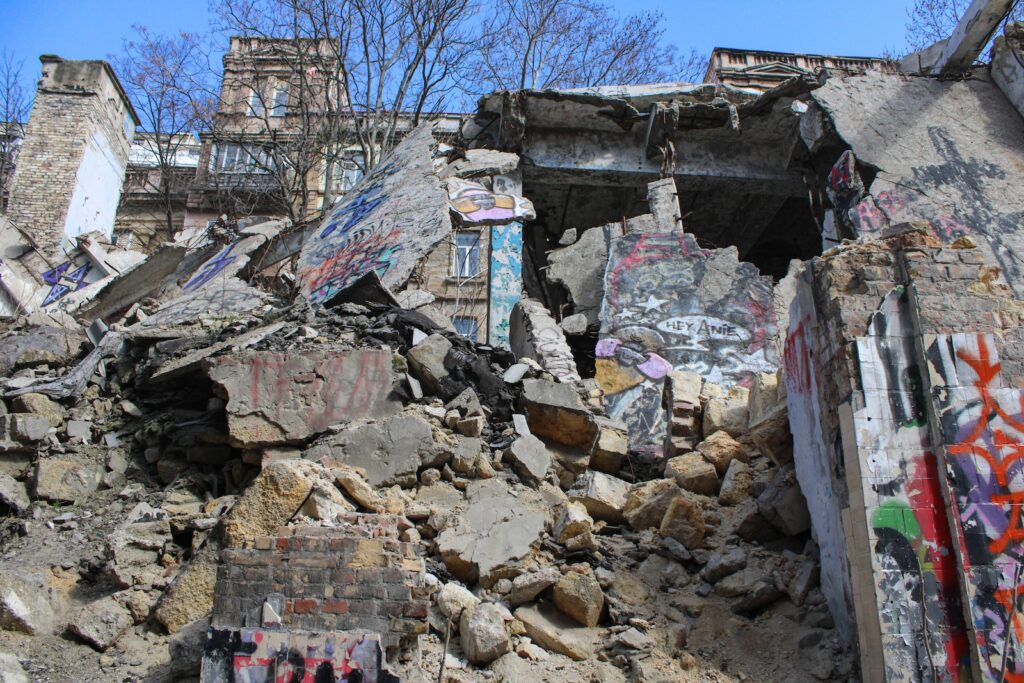Water Pollution Sources
Water pollution sources are the contamination of water bodies, such as lakes, rivers, oceans, and groundwater. It can occur from a variety of sources, both natural and human-made.
Natural sources of water pollution include:
- Volcanic eruptions: Volcanic eruptions can release ash and other pollutants into water bodies.
- Wildfires: Wildfires can release ash and other pollutants into water bodies.
- Floods: Floods can carry pollutants from the land into water bodies.
- Natural disasters: Other natural disasters, such as earthquakes and landslides, can also release pollutants into water bodies.
Human-made sources of water pollution include:
- Sewage and wastewater: Sewage and wastewater can contain a variety of pollutants, including bacteria, viruses, and parasites.
- Agricultural runoff: Agricultural runoff can contain fertilizers, pesticides, and animal waste.
- Industrial waste: Industrial waste can contain a variety of pollutants, including heavy metals, chemicals, and petroleum products.
- Stormwater runoff: Stormwater runoff can carry pollutants from the land into water bodies.
- Litter: Litter can contain a variety of pollutants, such as plastics, metals, and glass..

"Litter can be prevented by disposing of waste properly and educating the public about the importance of litter prevention"

Health effects of water pollution
Water pollution can have a number of negative health effects, including:
- Gastrointestinal illnesses: Water pollution can cause gastrointestinal illnesses, such as diarrhea, vomiting, and cramps.
- Skin infections: Water pollution can cause skin infections, such as rashes and boils.
- Respiratory infections: Water pollution can cause respiratory infections, such as bronchitis and pneumonia.
- Cancer: Water pollution can increase the risk of developing certain types of cancer, such as bladder cancer and colon cancer.
- Birth defects: Water pollution can increase the risk of developing birth defects.
Preventing water pollution
There are a number of things that can be done to prevent water pollution, including:
- Treating sewage and wastewater: Sewage and wastewater should be treated properly to remove pollutants before it is discharged into water bodies.
- Reducing agricultural runoff: Farmers can reduce agricultural runoff by using best management practices, such as planting buffer strips and cover crops.
- Reducing industrial waste: Industries can reduce industrial waste by using cleaner technologies and recycling waste products.
- Controlling stormwater runoff: Stormwater runoff can be controlled by using green infrastructure, such as rain gardens and permeable pavement.
- Preventing litter: Litter can be prevented by disposing of waste properly and educating the public about the importance of litter prevention
